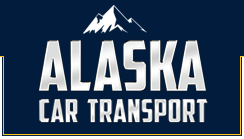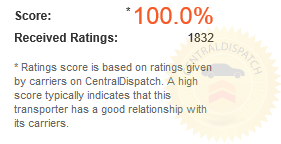Pros of buying a used car
Cons of buying a used car

Pros of buying a used car
Buying a used car can offer numerous advantages for savvy consumers looking to make a practical and economical choice. One of the primary benefits is cost savings. New cars depreciate rapidly within the first few years, losing a significant portion of their value. By purchasing a used car, you avoid the steepest part of this depreciation curve, allowing you to get more value for your money. This also means you can afford a higher-end model or more advanced features that might be out of reach when buying new.
Used cars often have a lower insurance premium than new ones, as the cost to replace and repair older vehicles are generally lower. Furthermore, registration fees and taxes are typically lower for used cars due to their reduced value. This can lead to long-term savings in ownership costs. Additionally, buying a used car provides a broader selection of makes, models, and years, enabling you to find a vehicle that suits your preferences and needs while staying within your budget. This variety also means you’re more likely to find a vehicle with proven reliability, as you can research the history of a particular model’s performance and any recurring issues over time.
Modern cars are built to last longer and require less frequent maintenance, meaning that even a used car can provide reliable transportation for years. Plus, you can use online resources and forums to learn about the common issues associated with a specific model and how to address them. Finally, by purchasing a used car, you may be able to afford additional features, such as upgraded audio systems, premium materials, or advanced safety technologies that might be optional or expensive add-ons in a new car.
Cons of buying a used car
While purchasing a used car has advantages, there are also notable downsides that consumers should carefully consider before deciding. One significant drawback is the potential for hidden issues and uncertainties regarding the vehicle’s history. Despite diligent research, it’s often challenging to ascertain the true condition of a used car, as it might have been poorly maintained, involved in accidents, or suffered from wear and tear that isn’t immediately apparent. This can lead to unexpected repair costs and frustrations. Another downside is the absence of the latest features and technologies that come with new cars. Older models can be reliable, but they might lack the advanced safety features, fuel efficiency improvements, and modern infotainment systems in newer vehicles. This can result in a compromise between affordability and having the latest conveniences.
Used cars generally come with fewer warranties compared to new ones. Manufacturer warranties often expire after a certain time or mileage, leaving you responsible for repair costs. Extended warranties can be purchased, but they add to the overall cost of ownership. Depreciation, although less severe in used cars, still affects their value. As the vehicle ages, its resale value will continue to decrease, potentially impacting your ability to recoup your investment when it’s time to sell or trade in the car.
Maintenance costs can also be a concern with used cars. While modern vehicles are built to last, older cars might require more frequent repairs and replacement parts, leading to higher maintenance expenses. Moreover, the availability of parts might become an issue for certain older models, making repairs more difficult and expensive.


